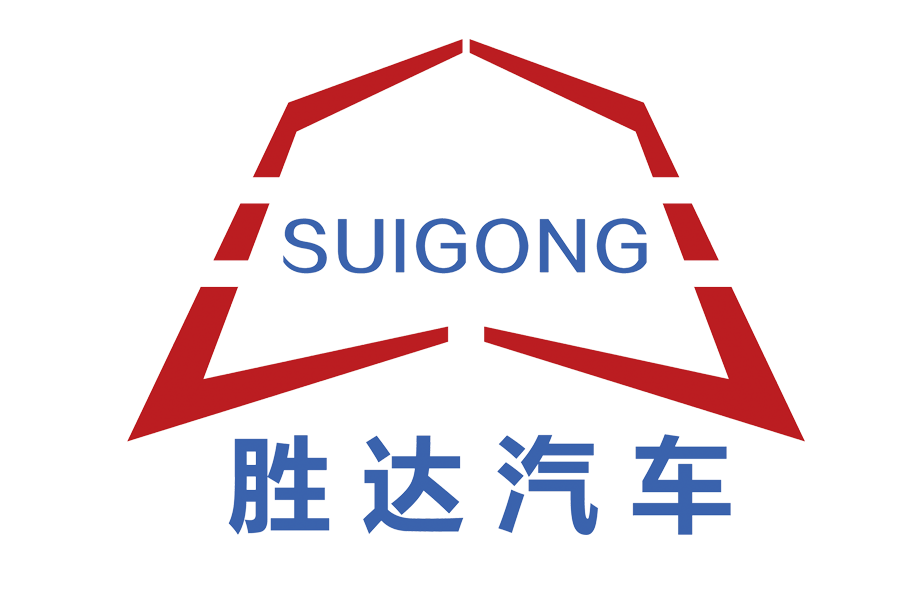While innovations thrive in developed markets, oil tanker trucks in emerging economies face unique challenges related to infrastructure and regulation. Fuel tanker tanker truck In parts tank wagon of Southeast Asia, aging tanker fleets with outdated safety features are common,Fuel tanker tanker truck increasing the risk of spills and accidents. In Indonesia,tank wagon for example,Fuel tanker only 30% of oil tanker trucks meet international safety standards, according to a 2024 report by the Asian Development Bank tanker truck.
Poor road conditions in many rural areas also pose challenges. In Brazil’s Amazon region, oil tanker trucks must navigate unpaved roads that become impassable during the rainy season,tank wagon tank wagon delaying fuel deliveries to remote communities. To address this, Fuel tanker local governments are partnering with logistics companies to upgrade key routes and deploy off-road-capable tanker trucks with 4x4 systems tanker truck.
Regulatory inconsistencies across borders further complicate tank wagon cross-border fuel transport. In Africa, where fuel is often imported across multiple countries,tank wagon varying safety standards and documentation requirements slow down deliveries. tank wagon Regional initiatives,tanker truck such as the East African Community’s harmonized transport regulations, Fuel tanker are working to streamline these processes, tanker truck reducing border delays by up to 40% for oil tanker trucks.
Future Trends: Adapting to a Changing Energy Landscape
As the global energy mix shifts toward renewables, tanker truckoil tanker trucks are evolving to support new fuels and logistics needs. Manufacturers are designing flexible tanker systems that can transport both traditional petroleum products and emerging fuels tank wagon like hydrogen and sustainable aviation fuel (SAF). In Germany,Fuel tanker prototype tanker trucks with modular tanks are being tested, Fuel tanker allowing operators to switch between diesel, biodiesel, and SAF based on tank wagon customer demand tank wagon.
Autonomous driving technology is also on the horizon for oil tanker trucks, particularly for long-haul highway routes. tank wagon tank wagon Trials in the United States and Japan are exploring self-driving tanker trucks that can operate in platoons, reducing driver fatigue and improving fuel efficiency.Fuel tanker These trucks would still require human operators for loading/unloading and navigating complex urban areas but could revolutionize long-distance fuel transport.
“Oil tanker trucks will remain essential even as energy sources diversify,” says an energy logistics expert. “Their future lies in adaptability—whether transporting hydrogen, SAF, or traditional fuels—while maintaining the highest standards of safety and sustainability.”
Conclusion: The Evolving Legacy of Oil Tanker Trucks
Oil tanker trucks have come a long way from their early days as simple fuel carriers, evolving into sophisticated, tech-enabled vehicles that balance efficiency, safety, and sustainability. Fuel tanker From electric models reducing urban pollution to smart sensors optimizing routes, tank wagon these trucks are adapting to meet the demands of a changing world. In remote communities,Fuel tanker they remain critical for energy access, while in urban centers, they’re embracing green technologies to reduce environmental impact Fuel tanker .
As the global energy transition continues,Fuel tanker oil tanker trucks will play a key role in ensuring a smooth shift—transporting both traditional fuels and emerging alternatives.tank wagon With ongoing innovations in safety, sustainability, and logistics, these unsung Fuel tanker workhorses of the energy sector are poised to remain essential for decades to come, connecting energy sources to the communities and industries that depend on them.

